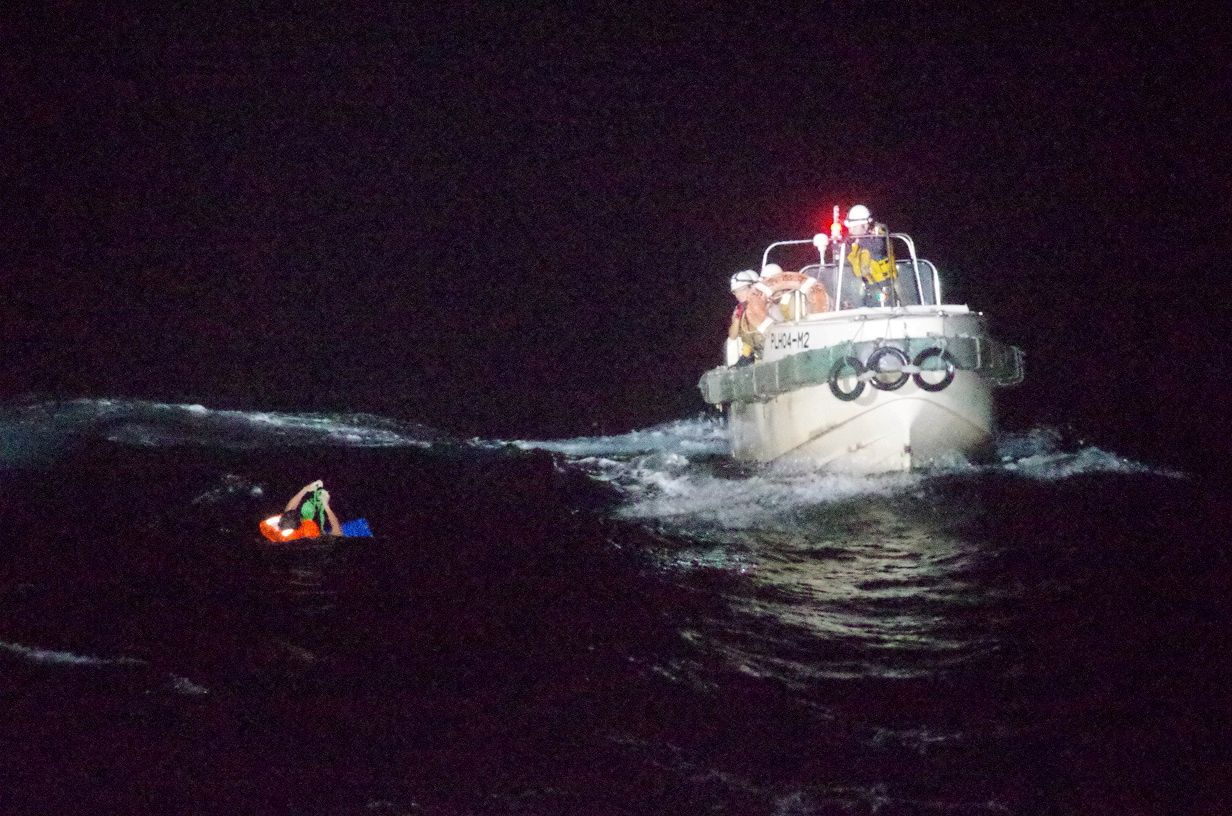News
September 03, 2020
40: More than 40 crew members and thousands of cattle went missing in the South China Sea on Thursday after a ship carrying live exports from New Zealand to China capsized because of stormy weather. While animal rights activists are outraged by this accident and live cattle shipments more broadly, members of the business community say the livestock trade is a crucial part of the economy, with New Zealand's export revenue for bovine and sheep meat reaching $54 million for the year ending June 2019.
66: Americans overwhelmingly view Russia as a hostile nation. Some 66 percent of those surveyed say they deem Russia as either "unfriendly" or an "enemy," with Democrats slightly more likely to feel this way than their Republican counterparts.
2: The US State Department issued sanctions against two high-ranking officials of the International Criminal Court, including chief prosecutor Fatou Bensouda, while also restricting visas for authorities involved in the court's investigations. Washington, which is not a member of the court and has long rejected its mandate to investigate US troops, said it was forced to act because The Hague was pursuing an investigation into alleged US crimes in Afghanistan. The ICC, meanwhile, says it's merely an attempt by the US to undercut the court's independence and the rule of law.
7: Truckers in Chile have ended a 7-day strike after making a deal with the government on greater protections for them and their vehicles, which have recently been subject to a string of arson attacks in the southern Araucania region. Indigenous communities in Araucania have long been locked in a feud with the state, which they say has prioritized industrial development at the expense of their historical rights.More For You
- YouTube
Is China’s economic model reaching a breaking point? In GZERO’s 2026 Top Risks livestream, Cliff Kupchan, Chairman of Global Macro at Eurasia Group, highlights mounting pressures on the Chinese economy.
Most Popular
2026 is a tipping point year. The biggest source of global instability won’t be China, Russia, Iran, or the ~60 conflicts burning across the planet – the most since World War II. It will be the United States.
While surgeons remain fully in control, technological advances are expanding the use of surgical robots in operating rooms. As adoption accelerates, so do the expectations for patient outcomes and surgical care. Track medical innovation trends with Bank of America Institute.
- YouTube
Europe enters 2026 under mounting strain as it confronts external threats, internal political pressures, and a weakening relationship with the United States. In GZERO’s 2026 Top Risks livestream, Mujtaba Rahman, Managing Director for Europe at Eurasia Group, describes a continent that is “exhausted, fatigued, weak, and vulnerable.”
© 2025 GZERO Media. All Rights Reserved | A Eurasia Group media company.
